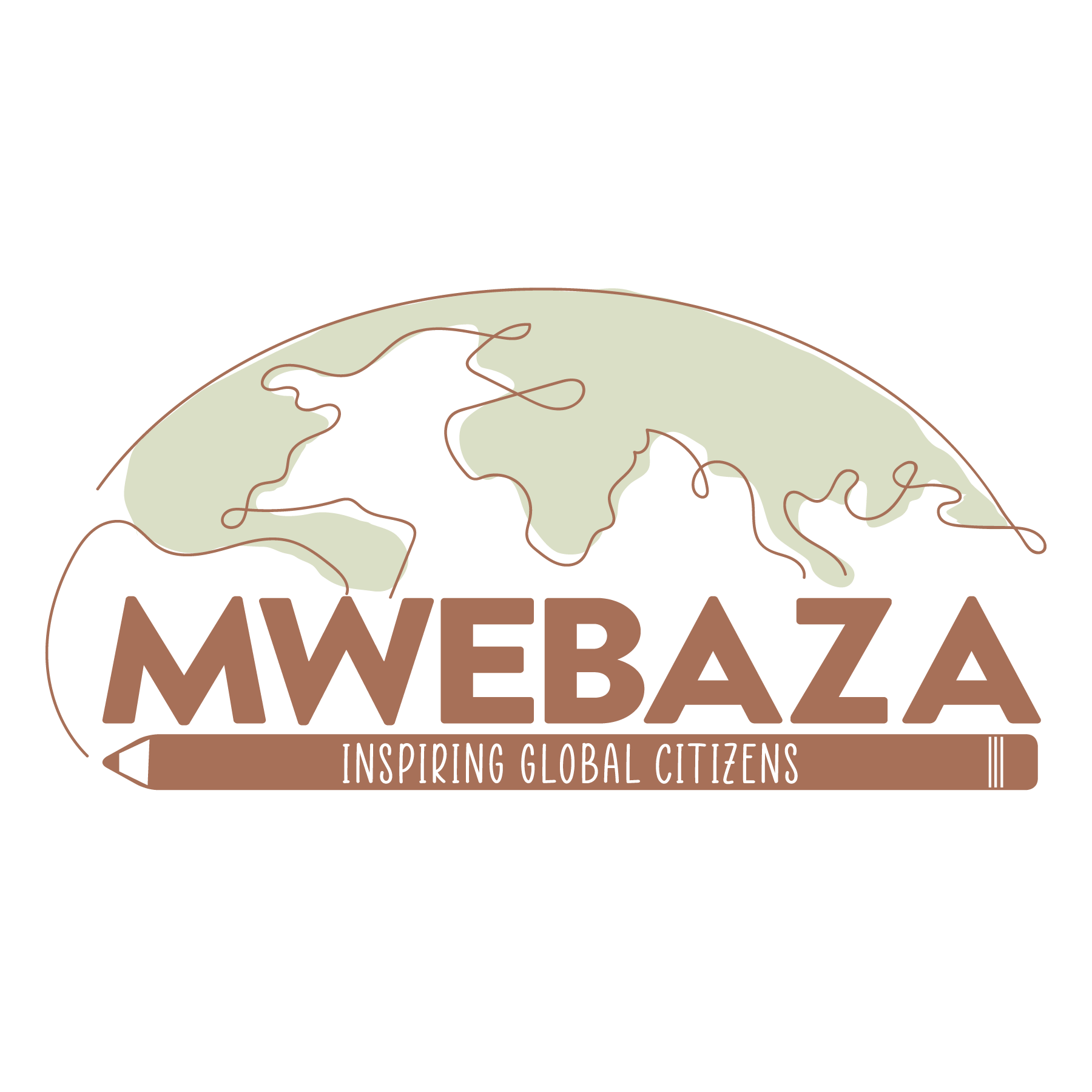What's Wrong with "Helping Poor Kids in Africa"
The white savior mentality is hard to eradicate. It’s a mindset that white people are taught in schools, in religious organizations, in film, in books, and even at home. It’s a mindset that we are not often encouraged to question or examine. This mindset dictates that it is the duty and responsibility of white people to ‘help’ Black and Brown people who live in low-to-middle-income countries. We, as white people, believe that we know better, are in a better place to help, and will change the world through a donation, a volunteer trip, a child sponsorship, and the like. While good intentions are typically present in philanthropy, it’s crucial to examine our internal mindsets and motives.
We are an organization of mostly white people who have actively been trying to deconstruct our own white savior mindsets and examine where racism, white saviorism, and white supremacy show up in our own thoughts, words, and actions. It’s hard to do. The white savior mentality may take a lifetime to unlearn. So, where can we begin?
Choose Your Words Wisely
Language plays a huge role in perpetuating mindsets and beliefs. The words “help”, “empower”, “resilient”, “give”, are not inherently bad words, but when used in the context of a white, western nonprofit working with Ugandan communities, these words are likely to perpetuate a white superiority complex in both communities.
Words shape our thoughts, which in turn grow, deepen, and strengthen our internal beliefs. Similarly, thoughts shape our words which can influence others when shared. This feedback loop makes it crucial to examine our internal selves and uproot unjust, inequitable beliefs - like the belief that we are better equipped or have the responsibility to “help poor kids in Africa”.
Be Specific
Refuse labels and blanket statements about philanthropy, people from other countries, nonprofit work, and economic status. The term ‘helping poor kids in Africa’ is ambiguous and general. Let’s break this down.
In this context, the term “help” creates an unequal power dynamic which indicates that one person is in a higher position of power than another. Using this word widens the gap between groups of people, creating a group of “others'' instead of recognizing our interconnectedness. Additionally, “help” can describe a handful of different actions and nonprofit groups have historically looked to capitalize on this desire to “help”.
Turn inward and examine why you chose the word help. What do you actually want to do to affect change, and what are your motives behind this desire? By reflecting on this, you may be able to choose a word that better describes your intent. Exchanging the word help with “collaborate”, “create”, “partner”, “work with” can cause an internal shift in thinking that more accurately reflects your intent and places communities on an equal foundation in which they have power and agency to affect change.
Be specific when talking about Africa. Learn about countries within this continent - there are 54 - and explore the diverse histories and cultures of each. Find a connection point that matters to your own life before arbitrarily giving money for self-serving motives.
Centering Dignity
When thinking about or talking about people who may be on the receiving end of a financial donation, it’s critical not to link humans’ identities with economic status. The label “poor people” puts blame on the person instead of the system. Because we live in an assumed “merit-based” society, poverty is often incorrectly linked to negative personality traits like low work ethic, laziness, etc. In reality, poverty is most often a symptom of system-backed oppression. By using the term “experiencing poverty”, one is not permanently labeled as poor and their value is not tied to any certain amount of wealth.
When sharing information about a group of people, a city, or a country, consider what type of picture your words and photos are painting. Photos and stories about children experiencing poverty are often exploitative, dishonest, and disrespectful in order to gain sympathy and money.
When we support and share this type of messaging, we unintentionally perpetuate white saviorism. Before sharing media and literature about someone else’s life, consider how they would feel if they saw this information about their family or community. Chances are, you’ll be more inclined to select photos and tell stories that highlight strength, dignity, and humanity.
What can we do?
How do we create change in a world that has been drastically impacted by colonization and its continued legacy? We can start changing our mindsets by using language that promotes equity and collaboration. We can support organizations that partner and co-create rather than help or save. Most importantly, we can continue deconstructing our motives, thought processes, and intentions. When we make a mistake, we can give ourselves grace and recommit to dismantling white saviorism internally and in public discourse. This is a difficult concept to grasp and an even harder mentality to change. We know. We’ve been trying for years and we still mess up.

